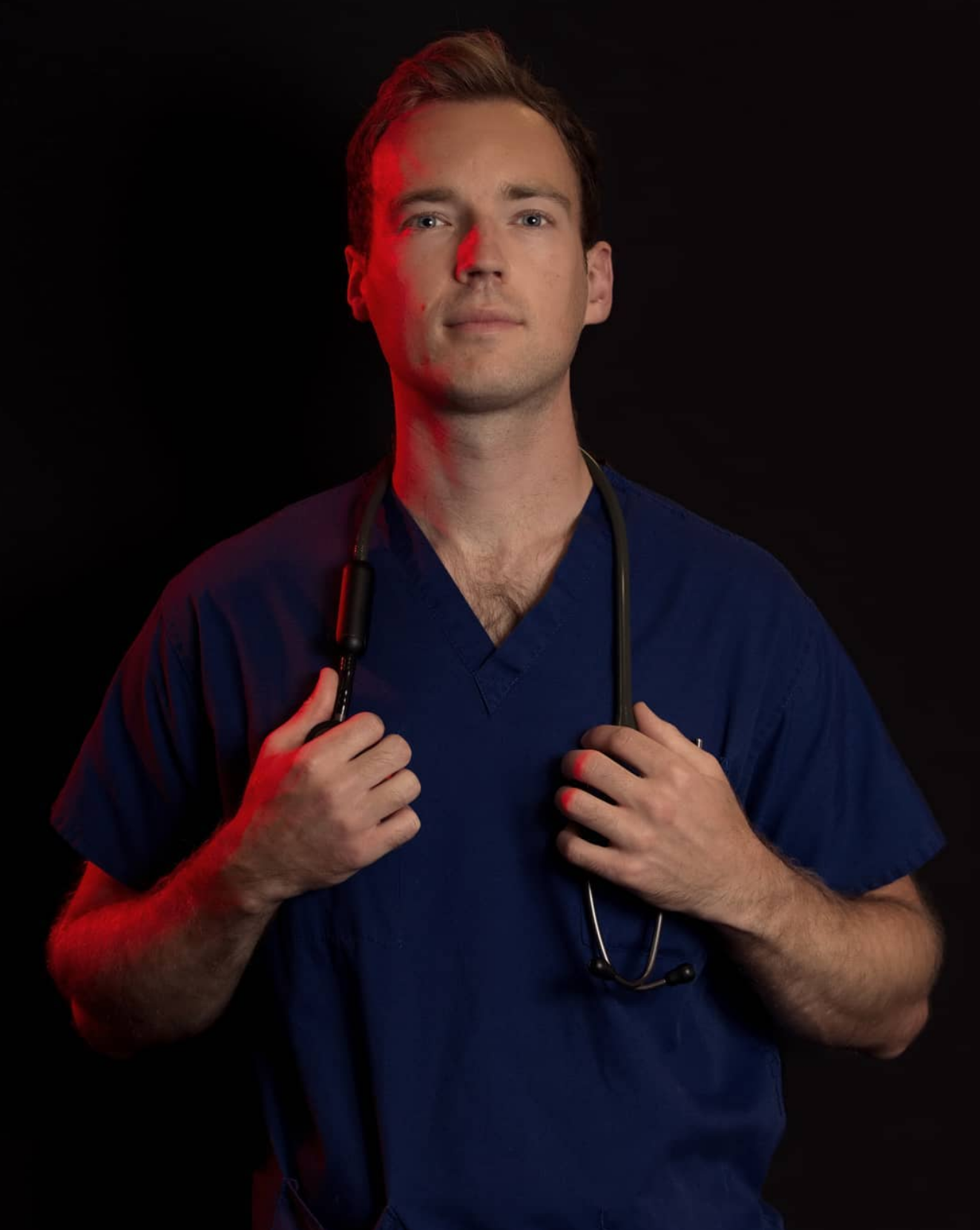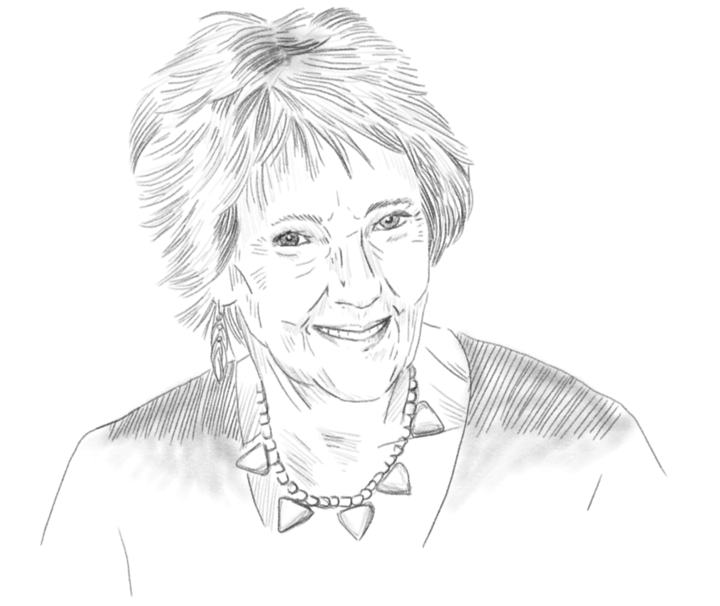Diary of an FiY1
If you stand by the fountain at St Bartholomew’s Hospital and look upon the hospital, you look upon a site that has lived through the black death, Spanish influenza and two World Wars. Now that list includes COVID-19, the inescapable phrase on everyone’s lips as the UK works through the greatest health crisis of our lifetime.
As COVID19 has unfolded the need for help within the NHS became evident and Barts and The London students who were in a position to help rose to the challenge magnificently. The altruism and duty of the students in our beloved school should be recognised as no less than that, as volunteers at points had to be turned away due to the overwhelming response to offer assistance.
A small group of us started this volunteering journey in the Royal London Emergency Department under Dr Michael Kim. We were inducted to a tune of uncertainty among how bad the situation might get and were introduced to new close friends ‘Don’ & ‘Doff’ as the PPE was unfurled. In our first week the PPE guidance changed the very next day, and the next, and the next … you get the picture.
The reality was no one at that point in time knew what was best. The ‘upstairs’ lot (ACCU / ICU) had their own PPE guidance, and we had ours. Everyone was petrified of wasting PPE, but also of not using it effectively. One of the main roles given to volunteers in the Emergency Department was as Safety Officers, ensuring the correct procedures were followed to both don and doff PPE and keep staff as safe as possible in their treatment of patients with COVID, particularly those in designated AGP (aerosol generating procedures) areas – ‘Zone A’ – the ‘hot zone’.
One week on the department and it was unrecognisable to those who’ve graced its corridors before.
Cubicles were still being built to offer more isolation to COVID patients, doors bolted on to previously open spaces. All non-COVID (assessment, majors cubicles & CDU) was/were moved out of the way for the new bread and butter: ‘?COVID’; ‘Unwell DIB’; ‘Fever, SOB’. ‘Clean’ and ‘dirty’ took on new meanings, as hands cracked under the onslaught of infection control. AGP’s were the talk of the town.
From the outside, all news was directed to sensationalised experiences of PPE shortages, staff with pressure sores from long shifts wearing PPE, patients being intubated, DNACPR’s at the door. Yes this was happening, but the reality was a lot more controlled. Organisation, teamwork, support and comradery was all around and whilst the patients were more unknown, sicker, placed prone and without relative or company there was inspiration to be found in the response by NHS team’s response.
The time came in late April, after a strange virtual-handshake send-off of a graduation, that we in our final year at Barts and The London were given an unprecedented opportunity to step into an interim role as ‘Doctor’.
For me, having had our elective wiped off the cards and knowing sitting still at home in London wasn’t a viable option for lockdown sanity, I jumped at the chance to take on this strange title ‘Interim F1’ a little earlier than expected. A lot did in fact, so many that some didn’t get the opportunity offered. Some also chose to stay home, to protect loved ones, to deservedly rest and this looking back to me is equally commendable.
Placed in the Royal London Emergency department, 6 of us started our careers in a department devoid of other F1s. For 2 weeks we bridged the gap between medical student and doctor, helping the SHOs clerk and manage patients coming through ED whilst adjusting to shift work and the responsibility that comes with ‘job’ vs ‘placement’. We were supernumerary in the department, which in hindsight was valuable as the department wouldn’t fall apart without us there, however, we had the chance to make a real difference.
FiY1 brought many valuable experiences. On my first day I was in resus for the afternoon and a young gentleman had been brought in as a trauma call, and initial scans unfortunately showed a thoracic spine injury disrupting the spinal cord. One adverse sign on the primary survey was priapism, and now he was for theatre and surgical management and needed catheterisation. ‘Who’s willing to catheterise?’ the consultant says, and eyes fall on the Day 1 Doctor stood before them. A glint appeared in their eye. ‘James, you need things for your portfolio right? Just check with urology and see if there’s any issues first’. And so I ring urology: ‘It’s erect? That’s fine to catheterise, just use more instilligel!’. Now, what proceeded was an uneventful catheterisation due to the most dedicated teamwork as an SHO provided the structural support to hold the penis upright under the aseptic field. 10 minutes later and I had my first ‘Core Procedure’ of my foundation years successfully signed off.
We were fortunate in many ways that due to logistics we became doctors at the tail end of the true first ‘peak’ of the virus. We saw a lot of elderly and we still saw a lot of sick respiratory patients but for the most part we were able to learn emergency medicine in a controlled and supported fashion. After 2 weeks we were clerking and managing our own patients, with SHOs and registrars never far away for any queries of worries. We saw much chest pain, back pain and intoxication and suddenly medical school was relevant (who knew?!). A few weeks in I could refer to med reg or talk to radiology with only 70% of ‘the fear’ and most importantly we were part of the medical team in a way I had not experienced prior to graduation.
The Royal London being one of our gems at Barts, we were also exposed to a lot of trauma medicine during our time as interims. We were employed to scribe calls early on and by the end of 3 months I could confidently complete a primary survey or cannulate in front of the inevitable crowd that comes to an advanced trauma in RLH resus. OSCEs are hard, 10 consultants watching you bluff a trauma line is something else (lessons learned, skills acquired!). Having had an elective to Johannesburg scrapped due to COVID, I found this immensely rewarding and at least in part making up for the lost placement.
All in all, my time working in A&E as an ED assistant, EMCREW and finally Interim F1 made me proud to be part of a great team. I would thoroughly recommend the department for placement, foundation or elective and promise you will take away so much from what you put in during your time. Make the most of one of the jewels of BLSMD’s teaching hospitals.
COVID was as stretched and unknown as we’ve been in the NHS this century and it’s taken health services to stand up and say: ‘if this happens, we’re not going to be ok’. The response has been amazing in and out of the NHS and in being part of it has made a highlight out of what has been a hard year for so so many around the globe.
For those of you still studying in this strange time, good luck and don’t be afraid to put yourself out there and say ‘I can be useful’. Don’t be held back by the title ‘student’ as being ‘doctor’ is only a small stretch away and many of those skills you already own. To final years – if you don’t get your electives, make the most of an interim, and dream ahead to travels and experiences further down the line – they’ll come.
Photo taken by @peterpexington




